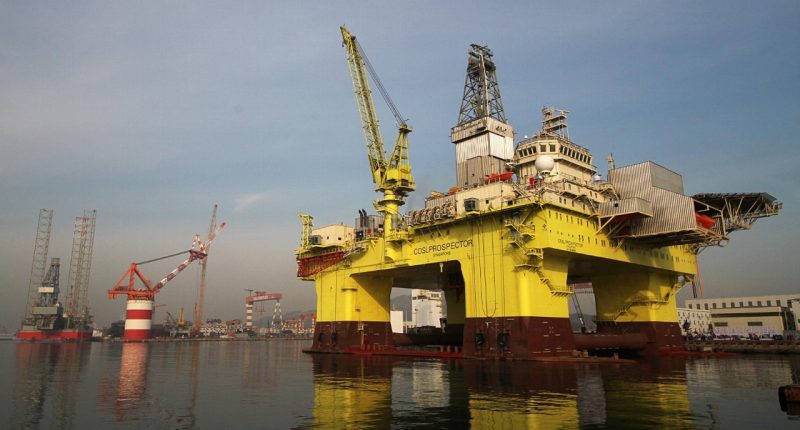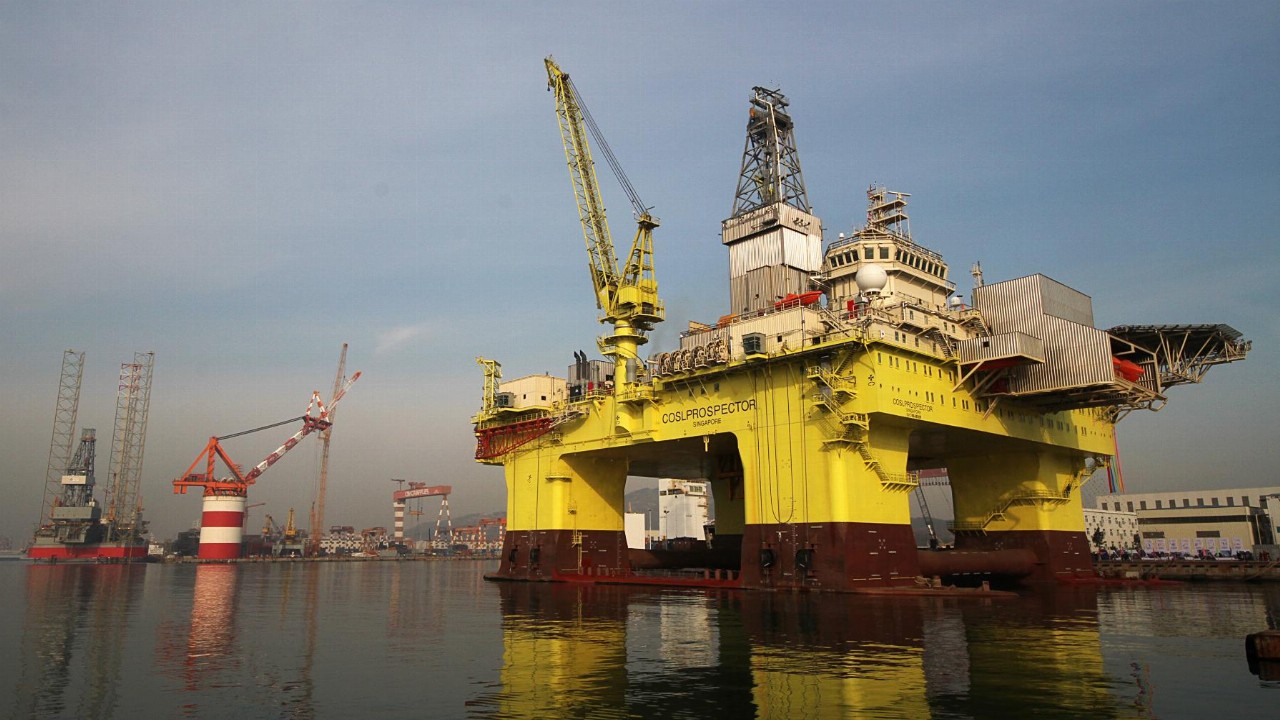- Oil prices declined for the second time on Friday after Russia confirmed it would continue to fulfil its contractual energy supply obligations
- Oil prices have had a rollercoaster week, spiking to a 14-year high in the beginning of the week before posting the largest single-day loss in two years on Thursday
- Today, West Texas Intermediate (WTI) is trading at US$106 (A$144) per barrel and Brent crude is at $109 (A$148) per barrel
- The UAE contributed to the rollercoaster week for oil after officials made conflicting comments about global supply
- While the UAE’s ambassador to Washington said the country would encourage OPEC+ members to bolster supply, the UAE Energy Minister backtracked on these comments and said the producer would only commit to existing agreements
Oil prices declined for the second time on Friday after Russia confirmed it would continue to fulfil its contractual energy supply obligations despite rising tensions between the Kremlin and the West.
It’s been something of a turbulent week for crude oil, with futures contracts first skyrocketing at the beginning of the week following an announcement from the White House the US would be banning Russian oil imports, then posting their biggest daily decline in two years on Thursday morning.
Today, West Texas Intermediate (WTI) is trading at US$106 (A$144) per barrel and Brent crude is at $109 (A$148) per barrel — prices below the highs of almost US$130 (A$177) seen earlier this week but still far higher than what the market has seen over the past decade.
The news from Russian President Vladimir Putin that the country would continue to meet its supply obligations brought a bit of respite to the market, which has been riddled with supply fears and “war angst”, partner at Again Capital in New York John Kilduff told Reuters.
“We rejected $130 twice this week. People are beginning to ask if there really is too much of a supply problem. There’s still plenty of Russian supply,” Mr Kilduff said.
Russia is the world’s second-largest oil and gas exporter, supplying a third of Europe’s gas and 7 per cent of global oil.
The UAE contributed to the rollercoaster week for oil after officials made conflicting comments about global supply.
On Wednesday, the UAE’s ambassador to Washington said the country would encourage the Organisation of the Petroleum Exporting Countries and its allies (OPEC+) to consider higher output to support the global oil supply.
However, the UAE’s Energy Minister, Suhail al-Mazrouei, went back on the ambassador’s comments and said the UAE was committed only to its existing OPEC agreements which would see the group boost output by just 400,000 barrels per day (bpd) each month.
In any case, many OPEC+ producers are already struggling to meet output targets, meaning it may not even be possible for many members to boost production by more than 400,000 bpd.







